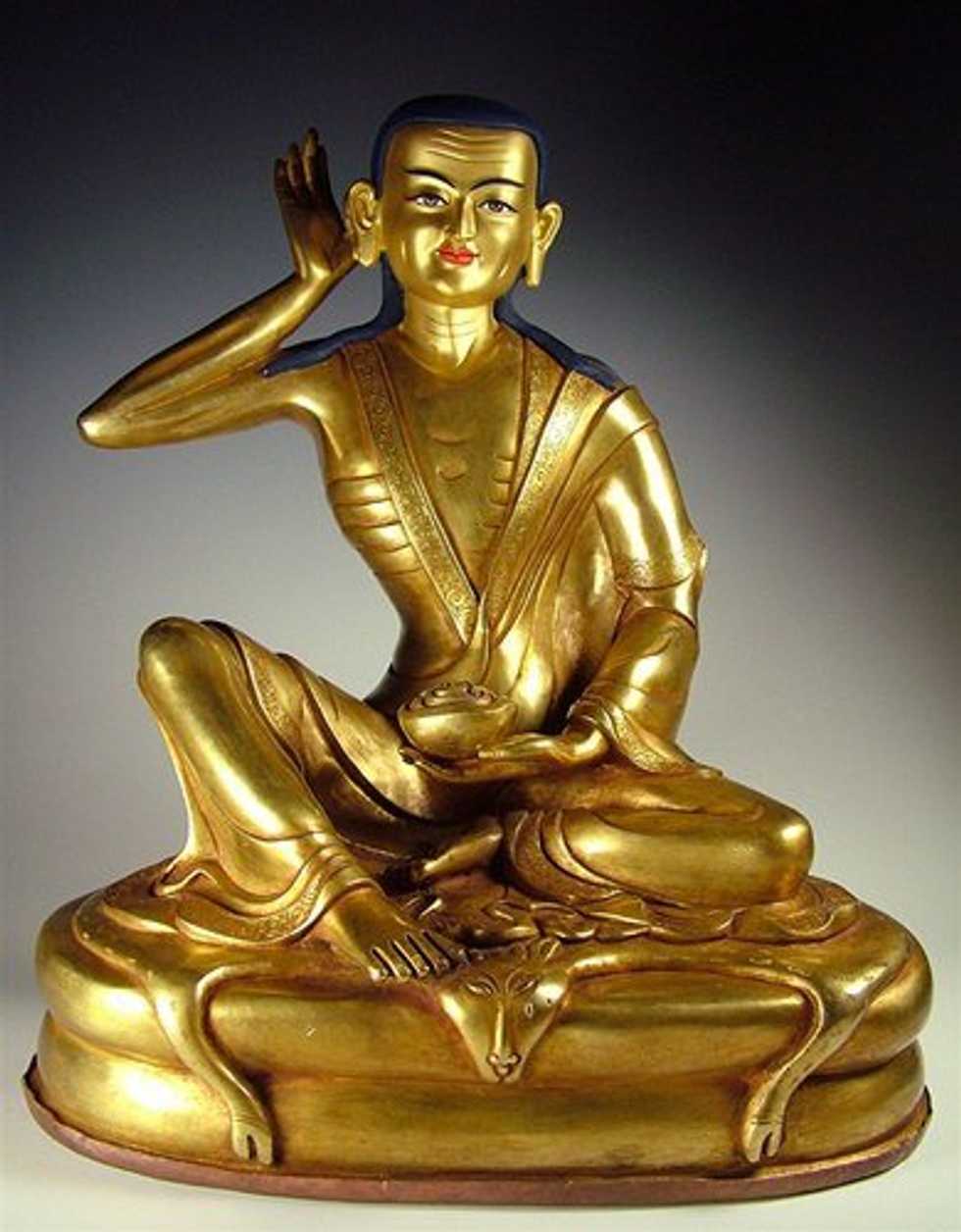University is often the first time any of us have to deal with those things that will be automatic parts of our lives from here forward.
Our families are miles away. People who were close mentors are busy mentoring others. The streets we walk and drive have new names. Some of us will develop allergies we never knew we had. We will visit doctors in front of whom we’ve not had to undress and open ourselves to their gaze. We have new coaches, new teachers, new advisors and new friends. The stress of these changes are normal. These adjustments should be forever anticipated and how we respond to these changes now are perhaps our first lesson in how our mind, spirit and body will respond to change through out the rest of our lives.
According to an article on the benefits of yoga in the "West Indian Medical Journal," “Physiological benefits which follow, help yoga practitioners become more resilient to stressful conditions and reduce a variety of important risk factors for various diseases, especially cardio-respiratory diseases.” One thinks that this transition time may be a good time to establish a practice, such as yoga, that would serve us in a number of ways. Besides reducing stress, practices such as tai chi, yoga, transcendental meditation and chanting help us to focus our thinking and connect to our bodies. With an increased handle on our emotions we are more willing to think outside our comfort zones. With greater strength and flexibility we gain mental clarity and a lower center of gravity. With increased oxygen our brains function better and the connections to our finger-tips are increased. Perhaps the greatest benefit is that we cultivate our humanity and learn to make meaningful connections to others. I can think of no better tool for us to exit with once we have completed our time in university.
Most universities now have classes in various forms of self-cultivating exercises. The hard work of developing our humanity is normally done under the guidance of a teacher who displays a cultivated self. Many who begin a practice will look at a well cultivated body and consider this to be evidence of their teachers’ excellence. A six-pack abdomen and a sexy downward dog is not the most meaningful sign. Look for a teacher who is observant and is listening. Pay attention to whether their body is relaxed. Notice the effect their voice has on you and if it facilitates your own self-awareness. Avoid classes that are disguised aerobics classes. Avoid injuries. Don’t compete with your classmates or your self. Forgive your many transgressions.
Universities have a variety of institutional resources to help us adapt to our new lives. While you need not limit yourself to cultivating yourself in classes provided on campus, your university is a good place to start. Look for meditation, yoga, or tai chi courses offed for credit. See what the university gym has to offer. Look at the designated sites where people post private classes. Make sure you go to places that are safe and comfortable for you. If you choose a private teacher, research them and while other practitioners may rate a teacher according to their taste, above all be sure you will not be preyed upon by your teacher. When cultivating yourself remember that the whole point of this exercise is to maximize your potential and your health. Make this a daily practice and grow just a little wiser every day.
1 Parshad, O. "Role of yoga in stress management." The West Indian Medical Journal 53.3 (2004): 191-194.





















